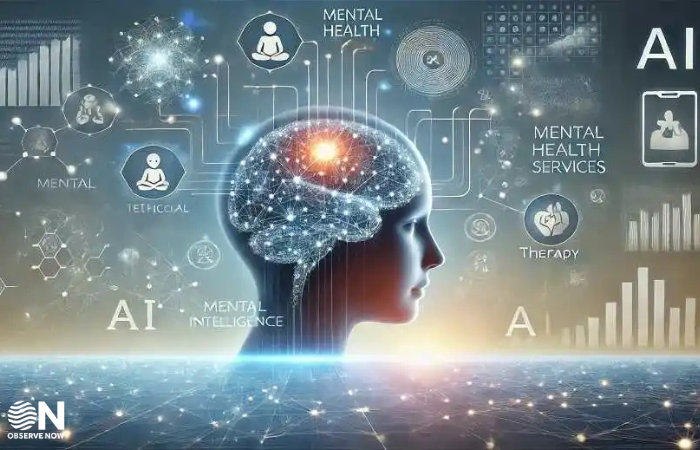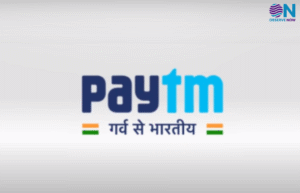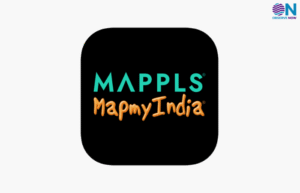AI-Powered Therapy Startups Gain Momentum as Mental Health Market Expands

India’s online therapy ecosystem is entering a new growth phase, with startups such as Docvita and Amaha Health leveraging artificial intelligence tools and chatbots to make mental health support more accessible and scalable. The companies are combining human expertise with AI-driven insights to help therapists manage larger caseloads, personalize care plans, and improve patient-therapist matching.
Docvita, which provides teletherapy sessions across multiple languages, has begun using AI to triage patient needs and route them to the most suitable mental health professionals. This technology ensures clients are paired with therapists whose specialties and approaches align with individual concerns, thereby improving therapy outcomes.
Amaha Health, another key player, has invested in developing proprietary AI models to assist its clinical teams. These tools analyze anonymized session notes, engagement patterns, and progress data to offer recommendations that support ongoing treatment and continuity of care.
Industry experts say such innovations are crucial for addressing India’s acute shortage of mental health professionals. With growing awareness and rising demand for psychological support, scalable solutions like chatbots, self-help modules, and predictive analytics are becoming essential for meeting user needs without overburdening therapists.
Investors are also taking note. The mental health tech sector has seen renewed interest from venture capital funds seeking impactful, high-growth opportunities. Analysts suggest that as regulations evolve, privacy safeguards and ethical use of AI will become central to sustaining user trust in digital therapy platforms.
The trend reflects a global movement toward hybrid mental health solutions, where technology augments human care rather than replaces it. If executed responsibly, AI-powered therapy tools could significantly close the mental health access gap and normalize help-seeking behavior across India’s diverse and young population.
















